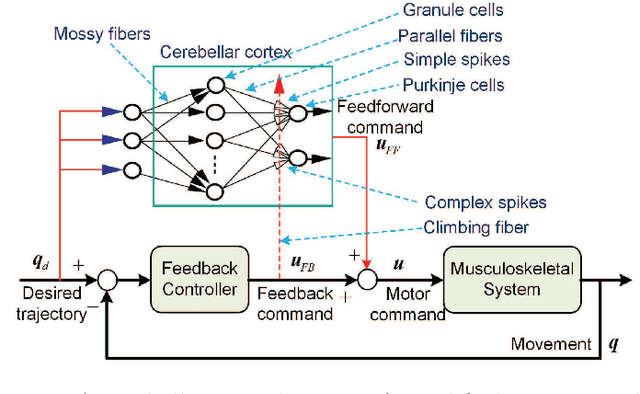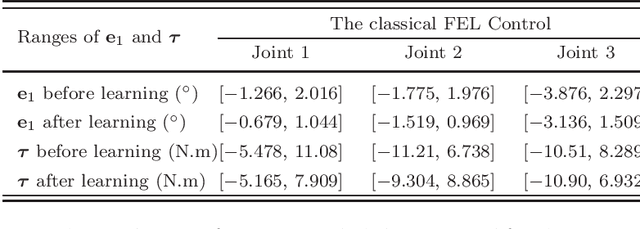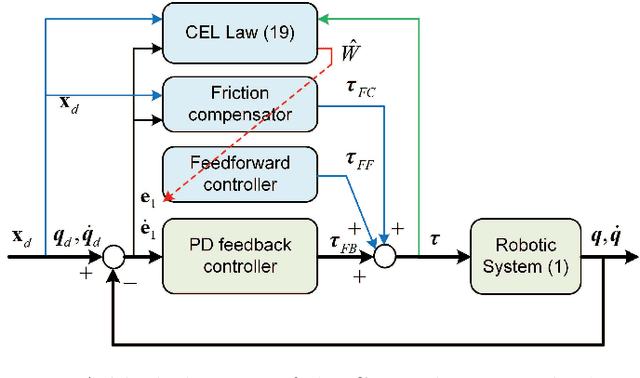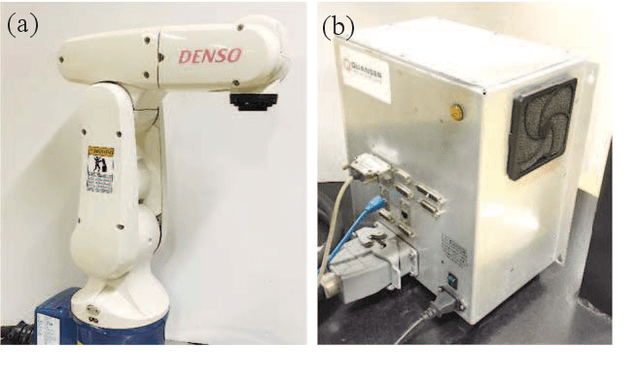Bioinspired composite learning control under discontinuous friction for industrial robots
Paper and Code
Jun 24, 2022



Adaptive control can be applied to robotic systems with parameter uncertainties, but improving its performance is usually difficult, especially under discontinuous friction. Inspired by the human motor learning control mechanism, an adaptive learning control approach is proposed for a broad class of robotic systems with discontinuous friction, where a composite error learning technique that exploits data memory is employed to enhance parameter estimation. Compared with the classical feedback error learning control, the proposed approach can achieve superior transient and steady-state tracking without high-gain feedback and persistent excitation at the cost of extra computational burden and memory usage. The performance improvement of the proposed approach has been verified by experiments based on a DENSO industrial robot.
 Add to Chrome
Add to Chrome Add to Firefox
Add to Firefox Add to Edge
Add to Edge